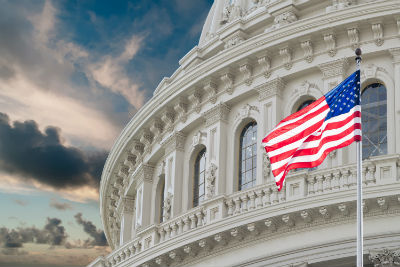
U.S. Sen. Mark R. Warner (D-VA) joined President Biden and his Senate colleagues for a bipartisan meeting at the White House where they struck an agreement to make the largest long-term investment in American infrastructure and competitiveness in nearly a century.
The $1.2 trillion bipartisan infrastructure framework was made possible by the work of Sen. Warner and a group of bipartisan Senators who for weeks helped to negotiate an infrastructure plan after earlier talks between Republicans and President Biden failed to reach an agreement.
“When we announced the framework at $579 billion last week, it took a lot of work to get there and to maintain that, and I commend all of my colleagues,” said Sen. Warner, addressing the media alongside his colleagues outside the White House earlier today, following the meeting with President Biden. “I mentioned to the President, and Susan [Collins] and I, and a number of us, yesterday were at the funeral of my dear friend John Warner. My hope is, when this framework becomes law, that we do it in the spirit of John Warner, and I would hope to convince my colleagues that we actually name this legislation after him. We all commended his ability to work with people across party lines, the fact that he always put country first, and I think my colleagues have demonstrated that again.”
U.S. infrastructure remains in desperate need of repair, with crumbling roads, deteriorating bridges, leaky public water pipes, brimming landfills, and aging stormwater systems. The bipartisan plan endorsed today by the White House would invest $1.2 trillion total over eight years – including $579 billion in new, additional spending in the next five years – to pay for much-needed investments in transportation infrastructure, clean water, broadband, clean power, and more.
The bipartisan agreement, which will generate significant economic benefits and returns, is financed through a combination of closing the tax gap, redirecting unspent emergency relief funds, targeted corporate user fees, and the macroeconomic impact of infrastructure investment.










